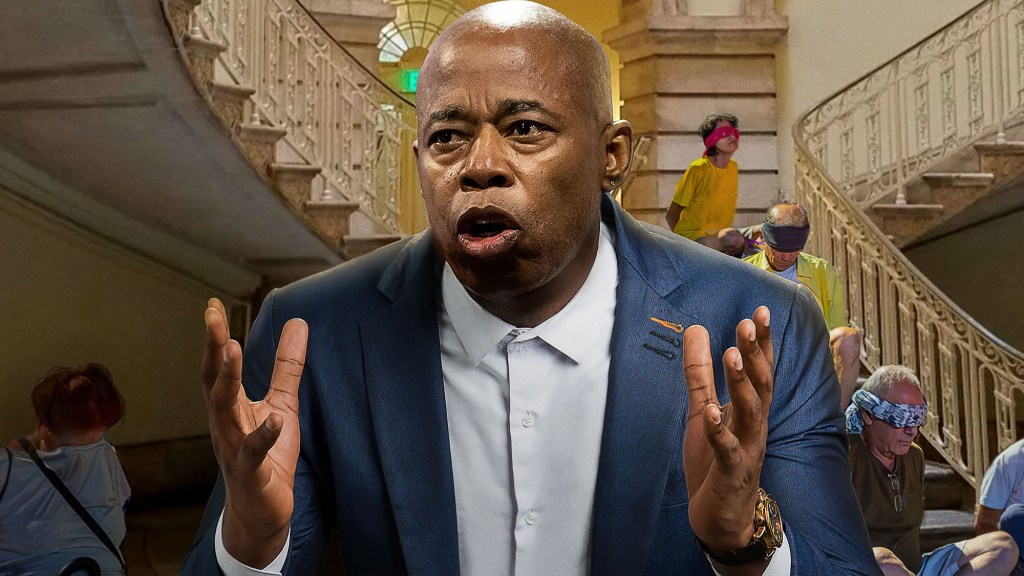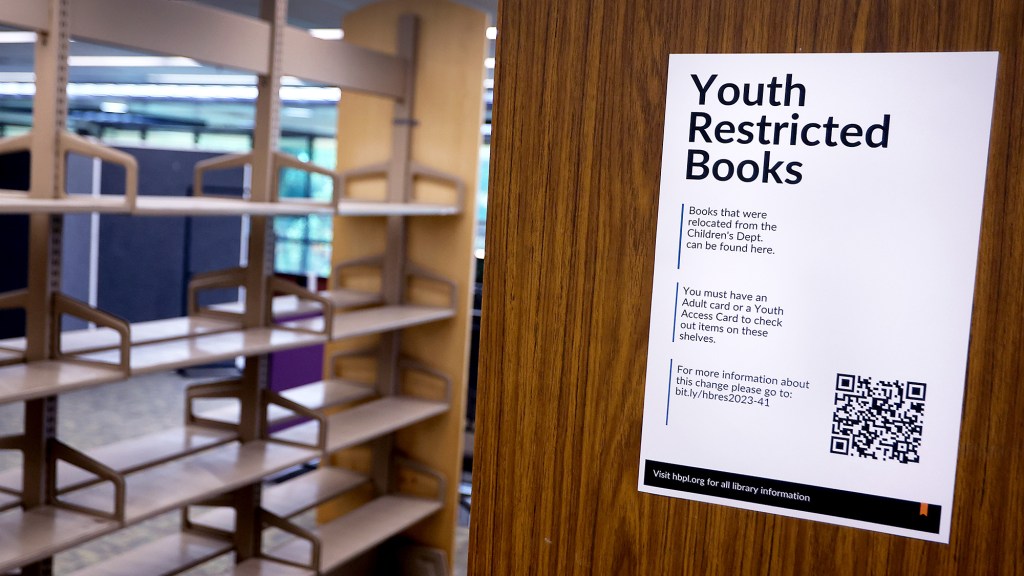LOW EARTH ORBIT—Responding to a distress signal broadcasting from the depths of a remote corridor that seemed to be mysteriously missing from the satellite floor plan, astronaut Dalton McVeigh said, “I don’t like the look of this,” Friday while entering a section of the International Space Station that was evidently abandoned, dimly illuminated by flickering lights, and covered in an unfamiliar black discharge.
“Okay, that’s enough for me, Houston, I’m turning back. Houston? Houston! Come in, Houston!” said McVeigh, a tremor evident in his voice, moments before his flashlight gave out and left him to grope blindly along the dripping, pus-covered passageway. “This substance, this slime, I—I—I can’t get it off my faceplate. Mission Control, please advise. This seems to be—organic matter, a mold or fungus perhaps, but it’s, is it moving? No, that’s impossible. That’s impossible. What—what’s happening? Ah, temperature, minus 10 Celsius and dropping.”
“Oxygen is minimal at 3.1 and dropping,” McVeigh added. “Dropping fast, Houston, do you copy? Houston—dammit, Houst—hey, what was that? Is someone there? Is someone th—what… what… God!”
Data collected from McVeigh’s intermittently functioning cameras and microphones has been collated to show that the astronaut then looked down to see the coagulated ooze form tendrils and display almost snake-like behavior, slowly and deliberately slithering up his left leg.
Biomonitors reportedly indicated that McVeigh’s heart stopped momentarily as he watched the implacable organism methodically and effortlessly breach his suit via a poorly mended tear on his right thigh, a temporary patch he had always meant to mend, a rare example of his procrastination—a habit he had fought with overcompensation to the point of entering astronaut training, but one he could not at this late hour deny, no more than he could deny the cold, wet touch of the ooze creeping up his bare abdomen.
NASA sources speculated that McVeigh knew this was a being not completely unlike many encountered on Earth, which in its rainforests, its eternally sunless marine canyons, and perhaps even dormant beneath its retreating ice caps, hosts relentless parasites, evolved over the cruel eons to leech a host’s essence, hungering for stolen life, yearning to see through other eyes, eager to fill a usurped mind with dreams of unclean hunger.
With what must have been the last of his own free will, McVeigh, realizing what he must do, reportedly gazed through his tears at the photo-booth picture of his daughter Dalia and late wife Lorraine that had ridden in his helmet since his first journey into the cold silence of space, and whispered “I love you, Peanut.”
ISS diagnostics revealed that, just as McVeigh sensed the organism forming a cluster of chitinous chisel-like beaks at the back of his neck as it prepared to penetrate his skull and infest his brainstem, he released the emergency latches on the EVA hatch and heaved it open to hard vacuum.
As the escaping atmosphere, alternately boiling and freezing in the strangeness of space, cast him into the abyss, McVeigh smiled, knowing that the organism burned and froze with it, as did his blood, as did the tears which fell from his eyes and became perfect prisms, casting microscopic rainbows into his eyes, which themselves slowly faded as they began their transformation into orbs of ice.
If, however, other eyes were there to see or, by strange alien senses, perceive McVeigh’s face, they would have seen an unmistakable smile, beatific to humanity, perhaps triumphant to others, a smile which may well have been involuntary, triggered by random firing of a few remaining synapses; or, perhaps, the abyssal cold of space preserves forever McVeigh’s final thoughts, running eternally around a strange loop in which McVeigh relives, if only for a blessed recurring moment, that perfect Summer day, the day at the lake house with Dalia and Lorraine, the day he wished would never end.







